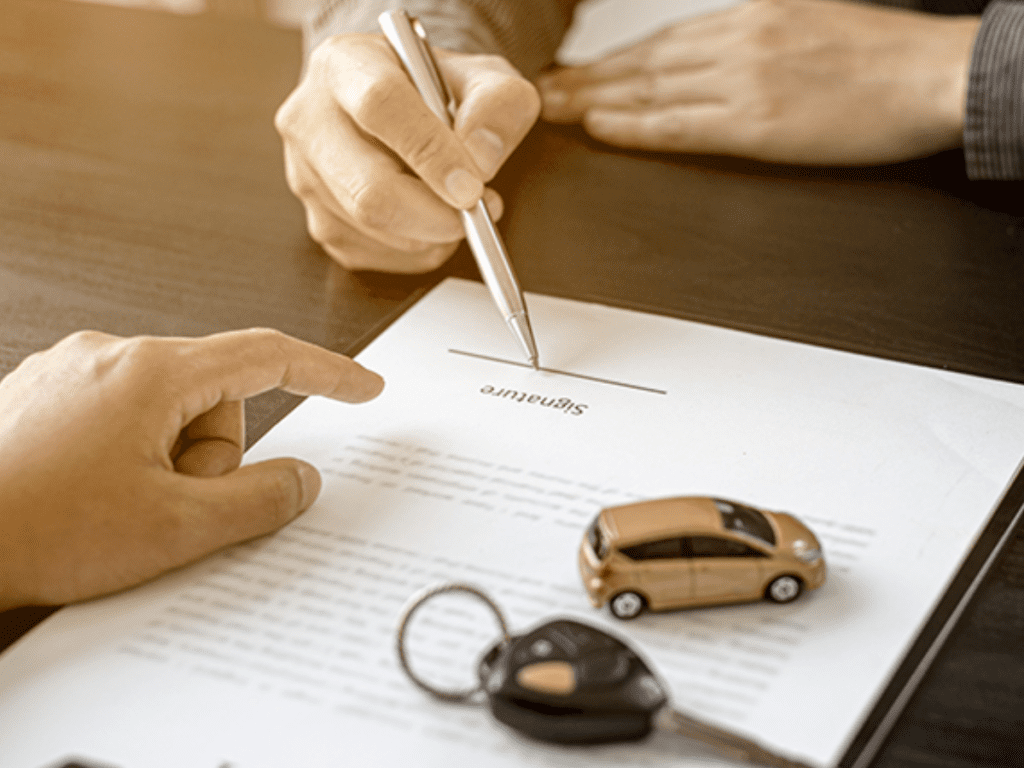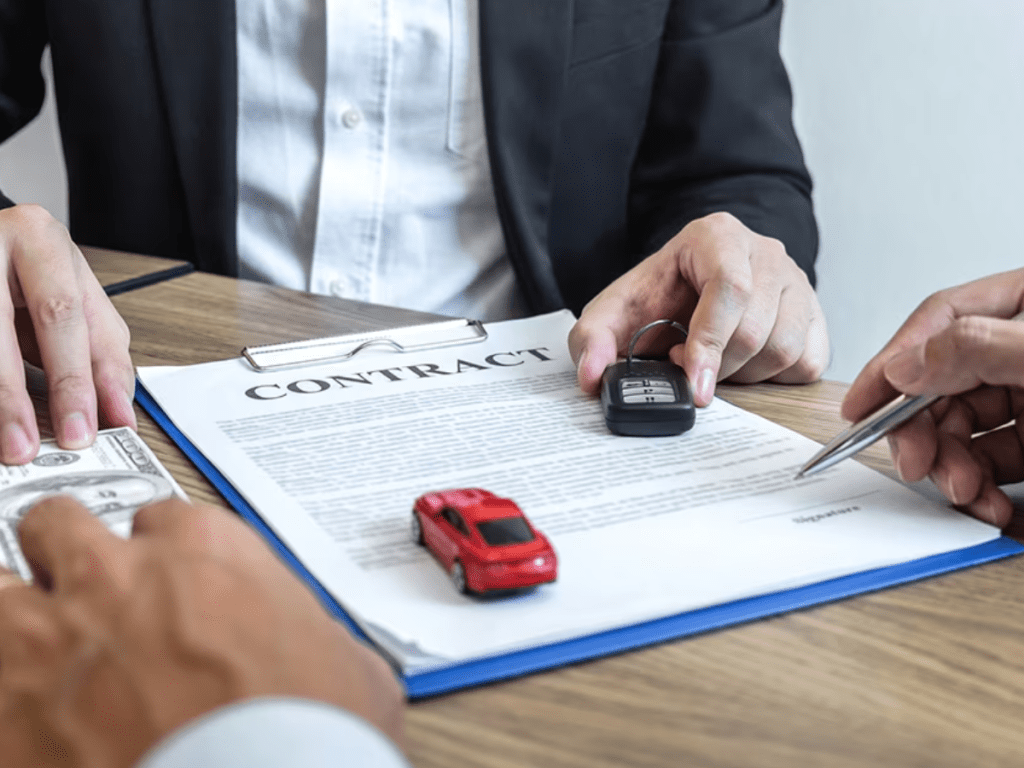Introduction
When selecting car insurance, many people fall into common traps that can lead to overpaying or ending up with insufficient coverage. Understanding these mistakes can help you make informed decisions that ensure financial protection and peace of mind. Below are the top five mistakes people make when choosing car insurance and how to avoid them.
1. Choosing the Cheapest Policy Without Considering Coverage
One of the biggest mistakes drivers make is selecting the least expensive policy without evaluating the coverage it provides. While saving money on premiums may seem appealing, a low-cost policy often comes with minimal protection. This can leave you vulnerable in the event of an accident, leading to significant out-of-pocket expenses.
Many low-cost insurance plans exclude essential coverages such as comprehensive and collision coverage. These are crucial if your car is damaged by natural disasters, theft, or accidents. Instead of focusing solely on price, compare policies based on the protection they offer and ensure they meet your specific needs.
How to Avoid This Mistake:
- Assess the types of coverage you need based on your vehicle’s value and personal financial situation.
- Compare policies from different insurers, focusing on the balance between cost and protection.
- Look for customer reviews and ratings to ensure the company has a strong reputation for claim processing.
2. Not Understanding Policy Terms and Conditions
Insurance policies can be complicated, with many technical terms that may be confusing. Some people make the mistake of purchasing a policy without thoroughly understanding what is covered and what is excluded. This can lead to surprises when filing a claim.
Common misunderstandings include deductibles, limits, exclusions, and claim processes. Some drivers assume they have full coverage, only to find out that certain damages or incidents are not included in their policy.
How to Avoid This Mistake:
- Read the fine print of your policy carefully before purchasing.
- Ask the insurance provider for clarification on any terms you do not understand.
- Seek advice from an insurance agent or expert to ensure you are making an informed choice.
3. Not Comparing Multiple Insurance Providers
Many people settle for the first insurance policy they come across without exploring other options. Different insurers offer varying coverage options, premiums, and customer service quality. Choosing an insurance policy without comparing alternatives can result in higher costs or inadequate protection.
Insurance rates and terms vary depending on the company’s underwriting process, your driving history, location, and other risk factors. Failing to shop around means you may miss out on better deals and discounts.
How to Avoid This Mistake:
- Obtain quotes from at least three to five insurance providers.
- Use online comparison tools to evaluate policies side by side.
- Check for available discounts such as bundling auto and home insurance or safe driver discounts.
4. Overlooking the Importance of Deductibles
A deductible is the amount you pay out of pocket before your insurance coverage kicks in. Many people opt for a low deductible without realizing that it increases their premium costs. Conversely, some choose a high deductible to lower their premiums but may struggle to pay it in the event of an accident.
Understanding how deductibles affect your policy is essential for financial planning. If your deductible is too high, it could be a financial burden when filing a claim. On the other hand, if your deductible is too low, you may end up paying much more in premiums over time.
How to Avoid This Mistake:
- Choose a deductible that balances affordability and premium savings.
- Consider your financial ability to pay the deductible in case of an accident.
- Review different deductible options and how they impact your premiums before making a decision.
5. Failing to Update Your Policy Regularly
Many drivers purchase car insurance and then forget about it, assuming their coverage will always be suitable. However, changes in your driving habits, vehicle value, and personal circumstances can affect your insurance needs.
For example, if you have moved to a new location, changed your vehicle, or improved your driving record, your insurance rate could change. Additionally, insurance companies frequently update their policies, and better coverage options may become available.
How to Avoid This Mistake:
- Review your policy annually to ensure it still meets your needs.
- Notify your insurer about any significant changes in your driving history, mileage, or location.
- Regularly compare rates from different providers to ensure you are getting the best deal.
Final Thoughts
Choosing the right car insurance policy is essential for financial security and peace of mind. Avoiding these common mistakes will help you select a plan that provides adequate protection at a reasonable cost. Instead of rushing into a decision based on price alone, take the time to research, compare options, and understand the terms of your policy. By doing so, you can ensure that you have the coverage you need when you need it the most.

